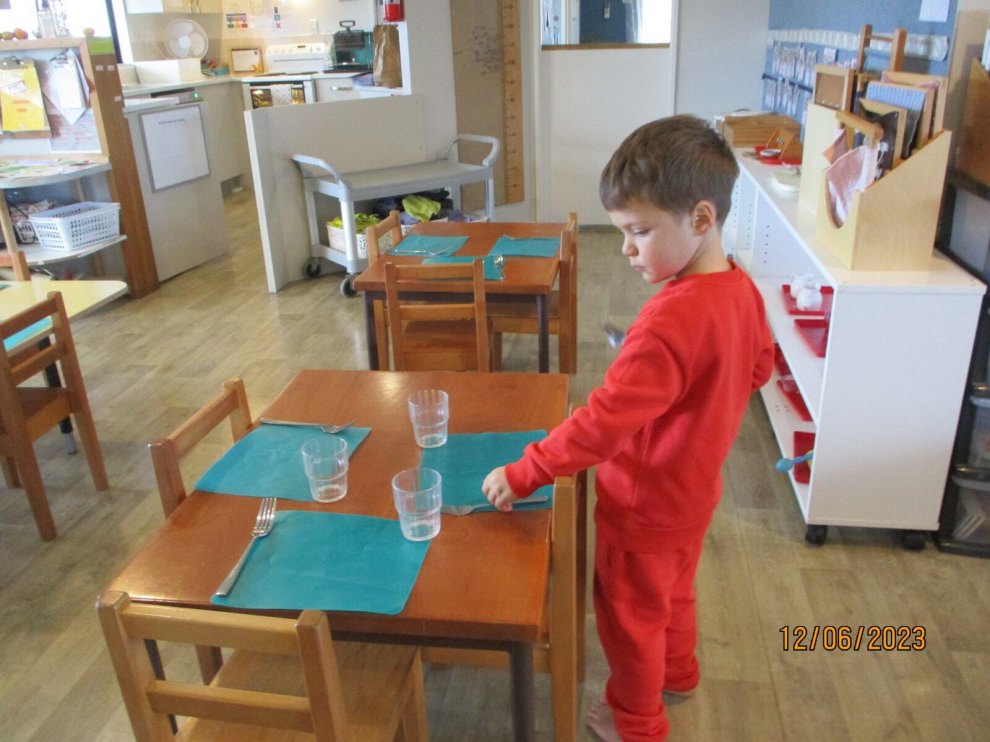LATEST STORIES
Practical Life, for Life!
Practical life exercises are designed to teach life skills. Children are instinctively drawn to want to carry out the exercises that they see adults performing and Maria Montessori saw that it would be possible for the child to do this in an especially prepared environment. In this environment, children are free to do exercises such as preparing and cutting fruit, as well as many transferring exercises as often as they want to, and for as long as they want to.
The fundamental feature of the practical life exercises in the Montessori Method is that the exercise has to be as close to real as possible. It is essential to realise that when children perform these tasks, it is for a different purpose than an adult would. The adult does practical life exercises to improve the environment. Children do this to improve themself, in response to an inner need. The adult does it once - the quickest and most efficient way. Children will do it over and over again and take no shortcuts. They are interested in the process and in acquiring the skill, rather than the outcome of an activity. The adult will often break down the activity into parts and do it in sections, for Children it is important to complete the whole activity from start to finish.
Through the acquisition of new skills, children learn dexterity, improve hand-to-eye coordination, and develop spatial awareness. Their gross and fine motor skills are refined, helping with their physical development. Mental development is aided by satisfying an inner need to grow in self-knowledge and confidence, therefore improving their self-image. Young children have a sense of order and practical life exercises help satisfy this need. Children are joyful in their work and do not find it a chore. Montessori also saw the child’s need for order, repetition, and succession in movements.
Practical life exercises can also aid coordination in movement, dexterity, and gracefulness in their environment as well as their need to develop their concentration. Spiritual development is encouraged as they learn to be responsive to the needs of others whilst at the same time learning to appreciate the culture of community and immediate environment. The practical life exercises all help in the quest for independence and helps them become masters of themselves.



